Corso di laurea magistrale in
Relazioni Internazionali e Studi Europei
EU-Africa Relations and Future Challenges: Closing the gap between rhetoric and reality?
2 May, 2019, Novoli Campus of Social Sciences
Over the past two centuries Africa played a very important role for Europe and viceversa; albeit for different reasons, this will be the case also for the coming decades. The European Union and its Member States can hardly ignore this continent: not only is it just across the Mediterranean sea, but it has - and will continue to have - the youngest demographic profile in the world, while European population is increasingly ageing and diminishing in size.The recent migratory crisis shows blatantly that what happens in apparently remote areas of sub-Saharan Africa can have an impact on European domestic politics, by influencing partisan competition, and triggering new dividing lines in our political systems. Furthermore, like in the case of the Ebola pandemic, geopolitical turmoil taking place somewhere in the Horn of Africa or in Central Africa cannot be sealed-off easily. In an increasingly interdependent world, the future of European democracy also depends on how we interact with countries outside of Europe, and Africa – let’s not forget it - is a very close neighbor.
Against this backdrop, the workshop intends to discuss recent developments in four major policy areas that appear crucial for the future of EUAfrica relations, particularly for the political implications at the supra-national, and the national levels of government. The four areas are: security, migration, trade and development cooperation. In addressing the main issues that are at stake in each of these fields the core question that needs to be investigated is the following: is the EU effectively pursuing a forward-looking strategy aimed at establishing a mutually –reinforcing partnership, as reflected in the official discourse? Or, has the EU been trapped – in spite of its commitments - in a backward-looking strategy, that still reflects the asymmetrical relations typical of colonial times, and inadvertently favors the position of emerging illiberal powers?
Find the program's flyer here.
Opening Address
Fulvio Conti (Dean of the School of Political Science, University of Florence);
Laura Leonardi (Director, Jean Monnet Centre of Excellence, University of Florence).
Panel 1 - The EU and Conflict Resolution in Africa
Chair Marco Mayer LUISS-Rome
Speakers
Federica Bicchi Schuman Centre, EUI
Daniela Irrera University of Catania - paper
Lorenzo Angelini European Peacebuilding Liaison Office (EPLO)
Reuben Joseph Babatunde Lewis Transnational School of Governance, EUI
Panel 2 - The EU and the migratory conundrum
Chair Gustavo De Santis University of Florence
Speakers
Martin Ruhs Deputy Director Migration Policy Centre, EUI - slides
Mauro Lanati Migration Policy Centre, EUI - paper
Andrea Stocchiero Centro Studi di Politica Internazionale e FOCSIV
Keynote Speech - Towards a Europe-Africa Alliance
Stefano Manservisi Director-General, DG DEVCO
Panel 3 - European Development Cooperation at cross-roads: past achievements and future opportunities
Chair Maria Stella Rognoni, University of Florence
Speakers
Valeria Fargion University of Florence - slides / speech audio
Marco Mayer LUISS, Rome
Arrigo Pallotti University of Bologna
Tanya Cox Director CONCORD Europe
Niels Keijzer German Development Institute - paper
Panel 4 - EU trade policy and African economic development: a contested nexus
Chair Jean Leonard Touadi Senior Advisor, FAO, Partnership Division
Speakers
John Akokpari Department of Political Studies, University of Cape Town - paper
Giorgia Giovannetti School of Economics, University of Florence and EUI - paper
Thilo Bodenstein Central European University
Closing Keynote speech - The Prospects for Democracy in Africa
Mamoudou Gazebo University of Montreal
Gallery
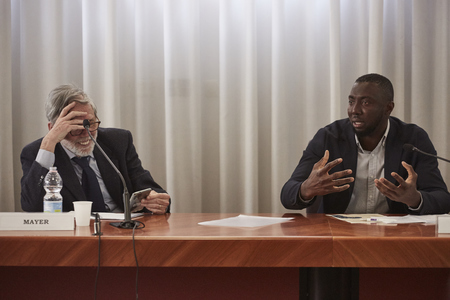 |
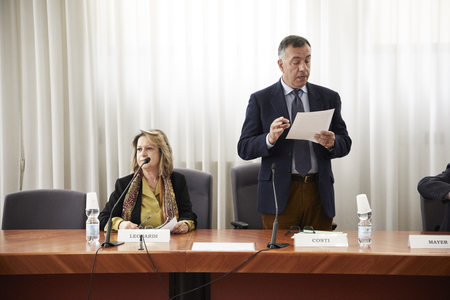 |
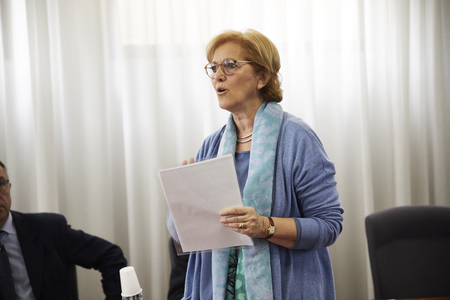 |
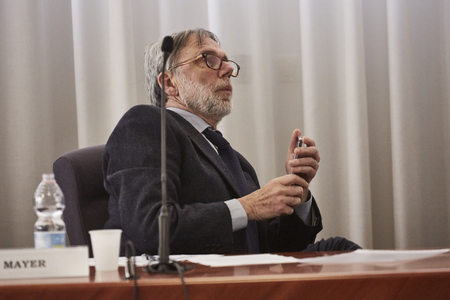 |
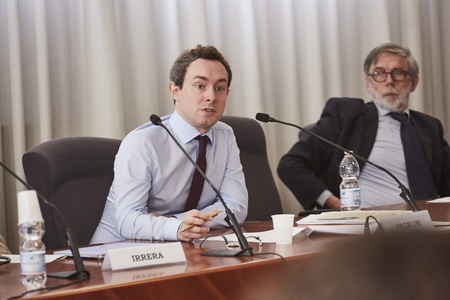 |
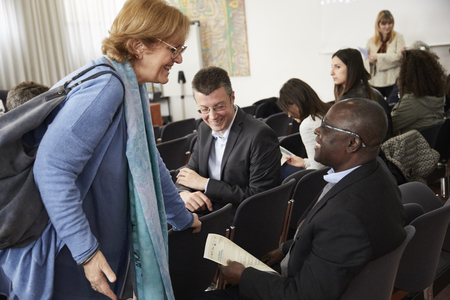 |
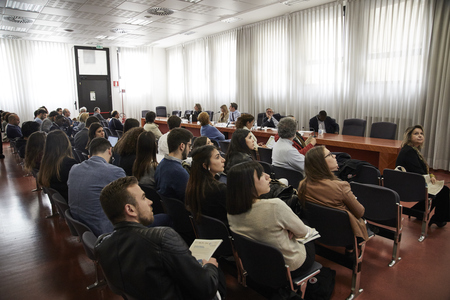 |
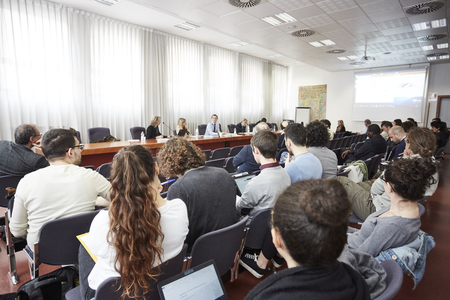 |
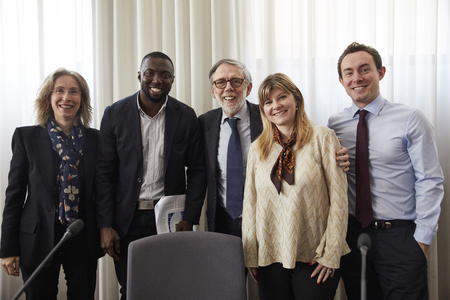
ULTIMO AGGIORNAMENTO
30.09.2022

